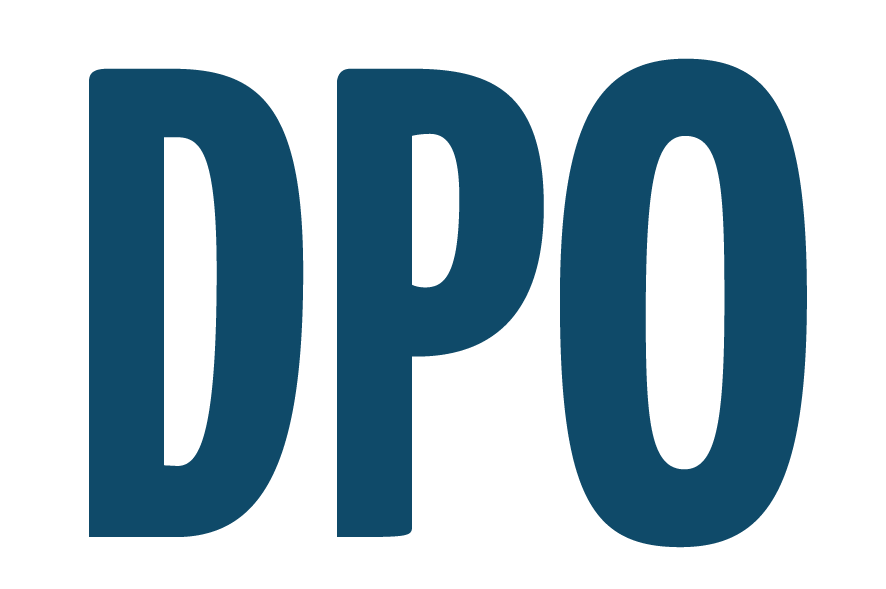Five Benefits of Cloud Accounting
- Bogdan Büchner

- Jul 21, 2017
- 2 min read
The Cloud is one of the most innovative breakthroughs in computing technology. By using remote servers, people can use Cloud computing to store and access data via the Internet. This has many applications for general file-sharing, but the Cloud is revolutionizing the practice of accounting. Cloud accounting offers many benefits to businesspersons and finance professionals who rely on the accuracy and timely updates.
Remote Access
Cloud accounting grants people the ability to access records from any location with an Internet connection. Data is stored on the accounting service’s off-site Cloud server, so users simply need to request their files with the software. This remote access to files gives users the ability to track and edit records from anywhere on the globe with Internet-access. Cloud services for accounting can be used from the office, home, public libraries, and other locations. Due to Cloud accounting software, productivity does not need to come to a halt when users cannot commute to the office.
Secure Data in cloud accounting
When data is limited to the hard drives in an office, companies and individuals face the risk of losing sensitive information to theft, data-corruption, and natural disasters. With Cloud accounting software, all records are uploaded to at least one secure off-site server. Physical harm to hard drives is no longer a serious risk. In many ways, using Cloud services is similar to diversifying an investment portfolio. To prevent theft, privacy and access settings can be controlled by account-owners.
Accurate Records
The best Cloud systems on the market use automation algorithms that reduce the risk of human errors. Accounting errors can result in compliance violations and financial woes, so these automation features are useful for all users. The Cloud accounting software also checks for logging errors, multiple entries, and other common accounting flaws.
Peer Collaboration
Since data on the Cloud can be accessed with any Internet-connected device, multiple authorized users can access the accounting systems at the same time. For example, the accountant may edit records while clients or advisers oversee the work. This can be a useful feature for training and oversight purposes. Collaborative features also allow users to communicate changes and suggestions to peers. This simple method of communication can increase productivity while decreasing the odds of record-keeping mistakes.
Integrate With Other Cloud Services
Cloud accounting software is designed to be integrated with other Cloud programs. For example, spreadsheets updated with Cloud software can be transferred to Quickbooks. Alternatively, information from numerous programs can be transferred to the accounting system. This allows users to create a masterfile with all critical information.
By using Digital Purchase Order, users can sync all files with Quickbooks through the Cloud. Instead of manually managing and compiling multiple files into the program, DPO can be used to integrate account charts, supplier information, and other information. Information produced by DPO’s automated approval chains and budget controls can be delivered to Quickbooks. Approved purchase orders are also automatically transferred from Digital Purchase Order. This simplifies record-keeping in a fast-paced environment.




